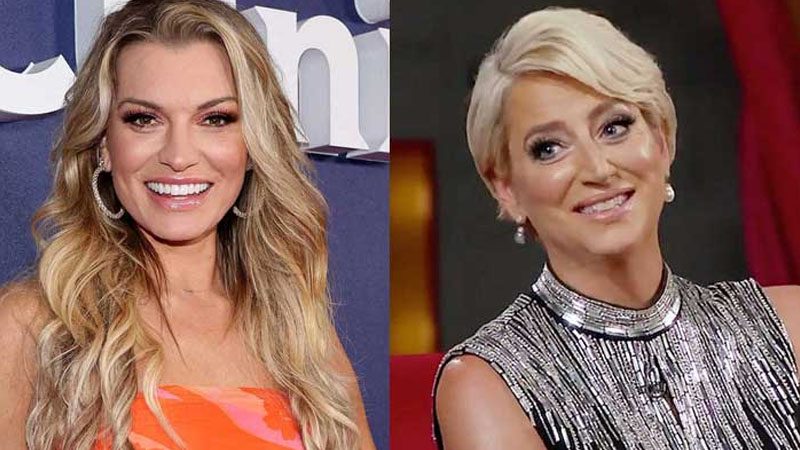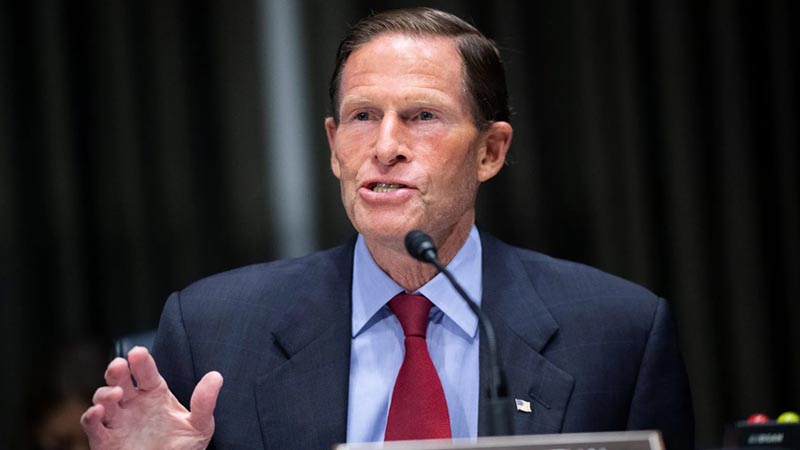Trump’s Absolute Immunity Claims Partially Upheld by Supreme Court

(Evan Vucci/AP)
The U.S. Supreme Court has ruled on Donald Trump’s motion to dismiss federal cases against him based on claims of absolute immunity as president. The decision, delivered by Chief Justice John Roberts, found that while Trump does have some immunity, it is not absolute.
The court ruled 6-3, rejecting Trump’s assertion of absolute immunity from all prosecution but affirming that former presidents possess absolute immunity for core constitutional powers. However, not all presidential actions are considered official acts. The decision leaves open whether Trump’s actions on January 6 fall under his official duties, likely leaving this determination to a lower court.
“We conclude that under our constitutional structure of separated powers, the nature of Presidential power requires that a former President have some immunity from criminal prosecution for official acts during his tenure in office,” stated Chief Justice John Roberts. “At least with respect to the President’s exercise of his core constitutional powers, this immunity must be absolute. As for his remaining official actions, he is also entitled to immunity. At the current stage of proceedings in this case, however, we need not and do not decide whether that immunity must be absolute, or instead, whether a presumptive immunity is sufficient.”
Trump faces two federal cases: one involving the alleged theft of government documents and the other related to the 2020 election. His lawyers argued for dismissal, claiming presidential actions are protected from legal prosecution.
During oral arguments, Trump’s lawyer acknowledged that presidents should only be held accountable for unofficial actions, but argued that Trump’s behavior regarding the stolen documents and the 2020 election were official. The special counsel disputes this interpretation.
Previous rulings have held that presidential actions in service of the office are immune from prosecution. Trump’s motion extends this to assert that any presidential action is protected by immunity. The case originated from the Washington, D.C. Court of Appeals, where Trump’s lawyers were asked if their argument implied a president could order a political assassination without consequence. They agreed.
Trump also speculated about prosecuting President Joe Biden for policy “mistakes” if the Supreme Court limited presidential authority. Legal analysts widely view this interpretation as incorrect. The election case has been on hold pending the court’s decision. Now that a decision is made, Judge Tanya Chutkan can proceed with the case.
“It is a cardinal principle of our law that no person is above the law,” said Neal Katyal before the ruling. “I think that’s what our American Constitution is founded on. I think it will be a grave disservice to our constitutional democracy, the Supreme Court, to even chip away at that fundamental principle. I sure hope they don’t. I expect they won’t.”
Katyal noted that the delay has already benefited Trump, making it challenging to try him before the election and fully reveal the evidence against him. Former Rep. Liz Cheney has argued that special counsel Jack Smith has access to evidence that the Jan. 6 committee did not, and she believes Americans have the right to see it.
Trump has suggested that the case is more about President Joe Biden than himself, hinting at prosecuting Biden if he wins the presidency. However, House Republicans have struggled to find a specific crime to charge Biden with.


